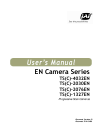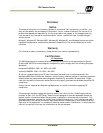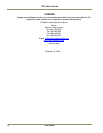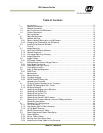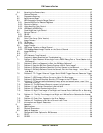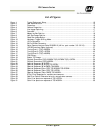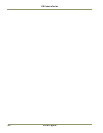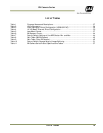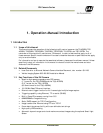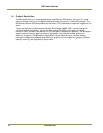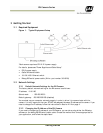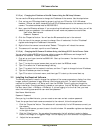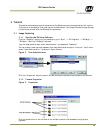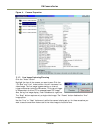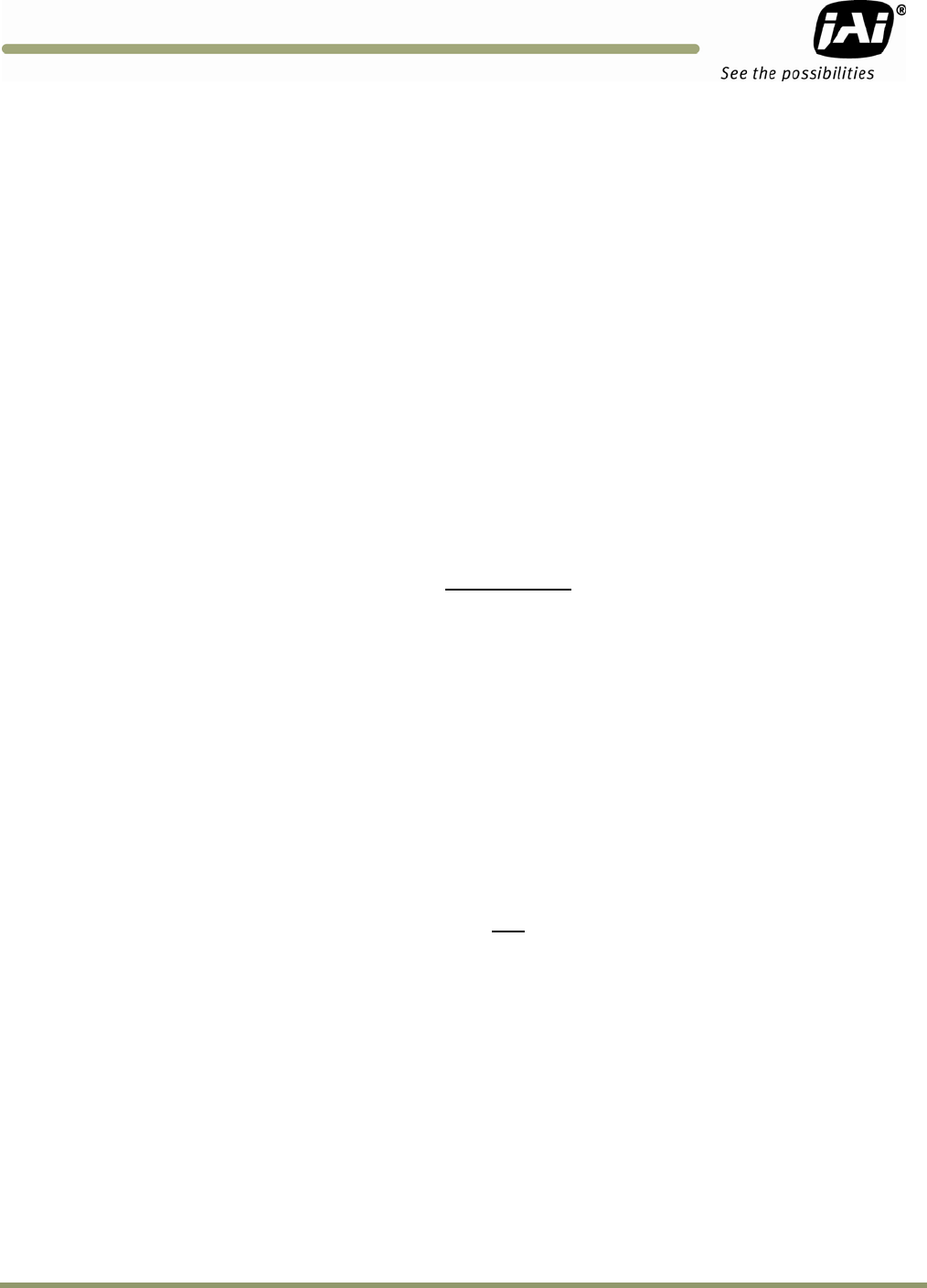
Disclaimer iii
EN Camera
Series
Disclaimer
Notice
The material contained in this manual consists of information that is proprietary to JAI Inc., and
may only be used by the purchasers of the product. JAI Inc. makes no warranty for the use of its
product and assumes no responsibility for any errors which may appear or for damages resulting
from the use of the information contained herein. JAI Inc. reserves the right to make changes
without notice.
Microsoft, Windows XP, Windows 2000, Windows 98, Windows NT, and Windows Explorer are either
registered trademarks or trademarks of Microsoft Corporation in the United States and/or other
countries.
Warranty
For information about the warranty, please contact your factory representative.
Certifications
CE Compliance
The EN Camera series of cameras have been certified to conform to the requirements of Council
Directive 89/336/EC for electromagnetic compatibility and to comply with the following European
Standards:
Emissions:EN 55022A: 1998 + A1: 2000 + A2: 2003
Immunity: EN55024: 1998 + A1: 2001 + A2: 2003
All JAI Inc. products bearing the CE mark have been declared to be in conformance with the
applicable EEC Council Directives. However, certain factory-installed options or customer-requested
modifications may compromise electromagnetic compatibility and affect CE compliance. Please
note that the use of interconnect cables that are not properly grounded and shielded may affect CE
compliance.
Contact JAI Inc. Applications Engineering Department for further information regarding CE
compliance.
FCC
This equipment has been tested and found to comply with the limits for a Class A digital device,
pursuant to Part 15 of the FCC Rules. These limits are designed to provide reasonable protection
against harmful interference when the equipment is operated in a commercial environment. This
equipment generates, uses and can radiate radio frequency energy and, if not installed and used in
accordance with the instruction manual, may cause harmful interference to radio communications.
Operation of this equipment in a residential area may cause harmful interference, in which case the
user will be required to correct the interference at his own expense.



